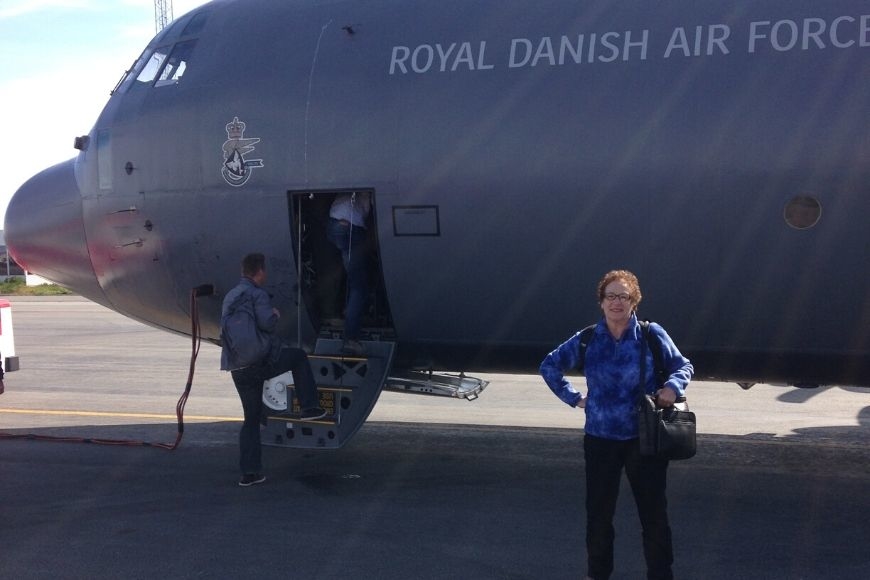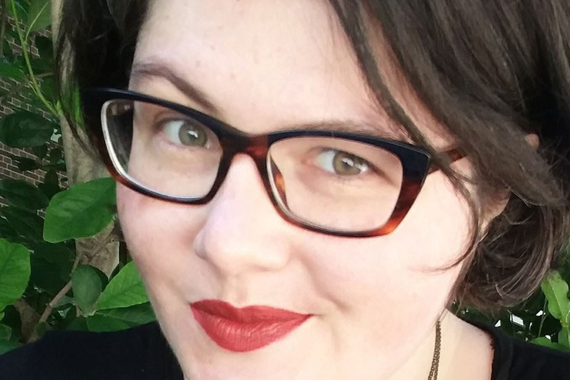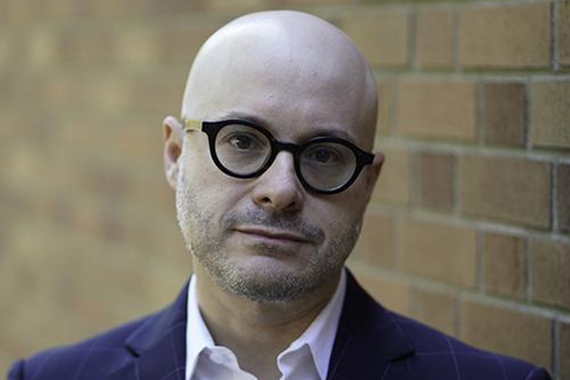Stress and Coping in the Time of the Pandemic – Applications from Extreme Environments
Emerita Professor Gloria Leon, PhD, knows about the effects on human performance in isolated and confined extreme (ICE) environments, which are comparable to experiences of quarantine and social distancing due to the COVID-19 pandemic. Leon shared some of the “lessons learned” from her research on military personnel in the Arctic and Antarctic.
I carried out a research program on stress and coping in extreme environments throughout my career in the Department of Psychology, and I have continued with this research in my “retirement.” I still collaborate with Danish military colleagues on studies in the Arctic, assessing individual and group process factors. From 2014-2016, we conducted a two-year longitudinal study at Station Nord in Greenland, located about 500 miles from the North Pole. I had the fortunate opportunity, courtesy of the Royal Danish Air Force, to fly to Station Nord both in 2014 to set up the study and in 2016 to conduct the debriefing interviews. During the winter-over period on the station, the group of six men were almost totally isolated; they lived together in the same building and only occasionally ventured out into the extreme cold to do maintenance tasks. We assessed stress and coping over the full period of their 26-month deployment using a biweekly questionnaire I had developed and used on previous projects. The coping methods that participants found helpful based on the frequency of item endorsements were:
- Kept a positive attitude. Humor, joking around, having fun.
- Thought of something pleasant such as good times to come.
- Tried to figure out how to solve the situation that’s bothering me.
- Saw the situation in a positive way, what I’m learning and getting out of it.
- Discussed task concerns with a coworker.
I found a similar pattern of flexibility in coping behaviors and attitudes in a team of six British military women who in 2018 successfully traversed the Antarctic continent in 61 days. In this different kind of ICE environment, the primary coping methods used were:
- Kept the goal in sight. Thought about finishing the expedition and why I’m here.
- Thought of something pleasant such as good times to come.
- Discussed task concerns with a coworker.
- Relaxed, meditated, listened to music, daydreamed.
- Kept a positive attitude. Humor, joking around, having fun.
Leon is a co-investigator on a joint NASA/Roscosmos 8-month study that will begin November 2020 in the Mars simulation habitat in Moscow. She noted that the space programs from a number of countries have encouraged psychological research to better inform planning for long-duration exploration missions; a particular interest is on applications from studies on the interpersonal and task performance of small groups living and working together in ICE conditions.
Psychological research demonstrates that different types of coping methods are effective in situations that one can control versus situations that one cannot. In Leon’s studies, it is notable that in both ICE environments, subjects were flexible in their use of methods to deal with the stressors encountered. Some of those methods were cognitive and proved effective in uncontrollable situations, such as thinking about pleasant future events and positive appraisal (i.e., finding a positive meaning in the situation). Other methods were behavioral, focusing on solving that which can be controlled in a stressful situation and reaching out to others for social support. Humor is an effective method of coping was seen throughout.
Previously, many of us would not have thought of our residences as ICE environments. With the pandemic; however, some of the ICE characteristics are now applicable within our own homes, in particular prolonged confinement and isolation. Leon’s research provides us with some concrete strategies to cope with the stress that comes with living in such an environment, whether that be in the Arctic, Mars, or one’s living room.
Gloria R. Leon, Ph.D, Professor Emerita, served for 10 years as Director of the Clinical Psychology graduate program at the University of Minnesota, and 7 prior years as Assistant/Associate Director. She continues to carry out research and serve on advisory committees in both space and disaster-related areas.



